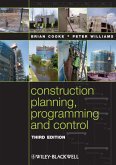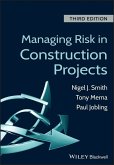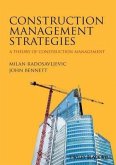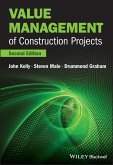Managing Change in Construction Projects: a knowledge-based approach offers a new perspective on construction project change by viewing the process of change management as a knowledge-intensive activity, where team members bring their tacit and explicit knowledge into the situation; share, create and capture this collective knowledge for future re-use in similar situations. Through this knowledge-based approach, construction teams can successfully resolve and learn from change events, leading to an overall improved performance of the industry. The book will make a significant contribution to our understanding of construction project change by offering new theoretical and practical insights and models grounded in results of case studies conducted within two collaborative construction project team settings. By demonstrating how the social construction of knowledge works in construction settings, the authors challenge the prevailing change management solutions based on 'hard' IT approaches. They put forward a balanced view that incorporates both IT-based and socially constructed approaches to effective management of construction project change. * helps construction managers to improve and learn through the process of construction project change * presents new theoretical models and offers practical guidelines * first research-based book to directly address project change from a knowledge-based perspective * draws on detailed studies with construction companies, including Ballast Construction and Kier Construction * encourages a move from the information driven, process integrated approach to a knowledge-based view
Dieser Download kann aus rechtlichen Gründen nur mit Rechnungsadresse in A, B, BG, CY, CZ, D, DK, EW, E, FIN, F, GR, HR, H, IRL, I, LT, L, LR, M, NL, PL, P, R, S, SLO, SK ausgeliefert werden.









